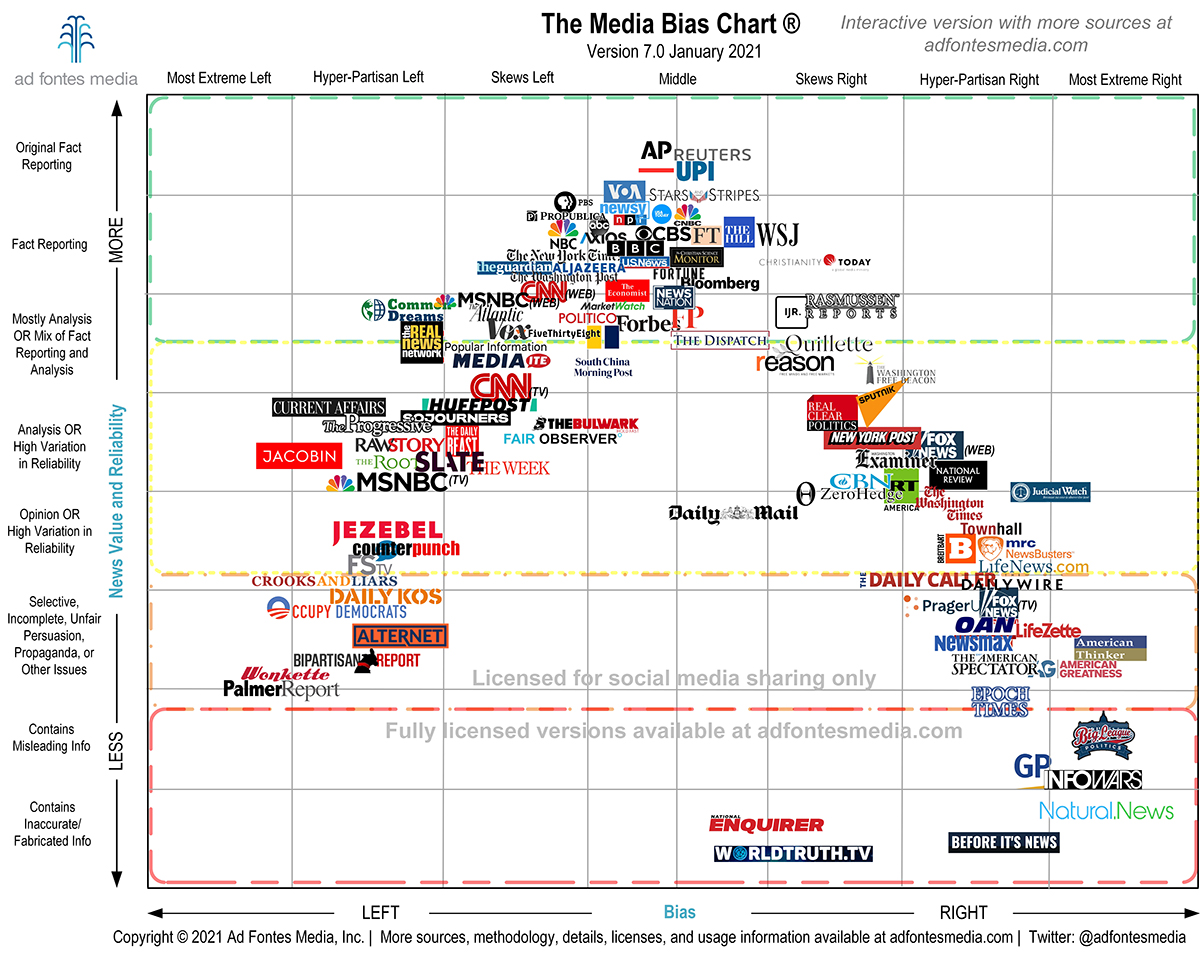By now I am sure you are all too familiar with Coronavirus Disease 2019 (COVID-19) but I wanted to write about some of my recent travel experiences and what all of this could mean for the future of aviation and travel. I am not a doctor or epidemiologist so my health expertise is limited to what my doctor friends tell me and what I read from the World Health Organization or CDC.

A lot of corporations have already put restrictions on travel. Some have said no travel to places affected by the virus while others have stopped all non-essential travel. The impact that these travel restrictions will have on the travel industry are already being felt. For example, Lufthansa has announced a 50% cut in capacity. That’s huge.
In addition, the extent to which the entire Airbus A380 fleet (14 aircraft) can be temporarily taken out of service in Frankfurt and Munich is currently being examined.
They are even considering grounding the A380 during the cuts!
Danny Lee of the South China Morning Post has also reported on Cathay’s cuts:
Hong Kong’s battered flagship airline will reduce overall flight capacity by about 30 per cent, its chief executive Augustus Tang Kin-wing said on Tuesday.
The carrier, one of Asia’s premium airlines and one of the biggest corporate victims of several months of anti-government protests in Hong Kong, has seen passenger numbers collapse by 50 per cent in recent days, sources said, citing comments from a briefing on Monday led by Mark Hoey, the airline’s general manager of operations.
Again, huge. Cathay has already been struggling with the protests in Hong Kong and are now doing what they can to save cash and keep the airline viable.
On the United States side of things, all of the major carriers have significantly reduced their amount of flying to Asia. These reductions started with China and Hong Kong but have been expanded to Japan, South Korea, and other Asian destinations. A recently leaked internal memo to United Airlines staff stated that the international flight schedule will be reduced by 20% in April and those cuts will likely last until the end of May. Domestic flying will also see cuts of around 10% in April and it is unclear when that capacity will return to the schedule. You can read the full memo on JonNYC’s Twitter post.
All of these cuts add up to real dollars. The International Air Transport Association (IATA) has stated that the coronavirus could impact global airline revenue anywhere between $63 billion and $113 billion. There is not much to say to that except, wow. The landscape of the airlines could drastically change by the time this illness is contained and the number of cases starts to dwindle.
*Update – I have left this post in a draft form as I wrote it. As the news has evolved, I have tried to update the post. Some of the latest news from Delta is that bookings are down 25-30% (worse than expected) and that demand erosion is very evident. Not good times for airlines. That’s the story.
My Recent Travel Experiences
For me, my recent flights and overall travel experiences have been relatively uneventful and normal. What has surprised me the most is that the airports I frequent (O’Hare, Portland, Newark, and Montreal) have been very busy even as airline schedules have been reduced. A lot of travelers are wiping down their seat area with sterile wipes and wearing masks and/or gloves. There is also the strange phenomenon of seeing people leave the restroom without washing their hands, a bizarre choice in these times.
Personally I have tried to be more aware of touching my face. It’s more difficult than it seems, especially while I sit and work on my laptop. I think the best advice is not “No face touching” but to be aware of when you are doing it and to make an effort to correct the behavior. There is no way you’re going to stop it completely so don’t beat yourself up over it.
What should you be doing with your travel plans? Make sure the flights and hotels are still open and operating as expected. If you are worried about travel, all three of the major US carriers (Delta, United, and American) are allowing changes for free for flights until late April. Call your airline and move the trip. If you are still planning to take your trip, wash your hands, be aware of how much you touch your face, and cover your mouth and nose when coughing and sneezing.
The Future
I am generally concerned about the airline industry and the travel industry as a whole. A number of airlines are already struggling, cutting massive numbers of flights yet hoping to stay alive long enough for demand to bounce back. A few more months of depressed travel and the potential for airlines being unable to sustain their operations financial becomes much more real. The same could be said for industries where customers showing up is the whole business (restaurants, brick & mortar stores, etc). Fewer people coming in means less cash while expenses stay the same. That’s what concerns me the most.


